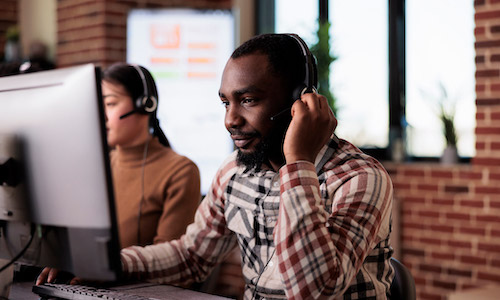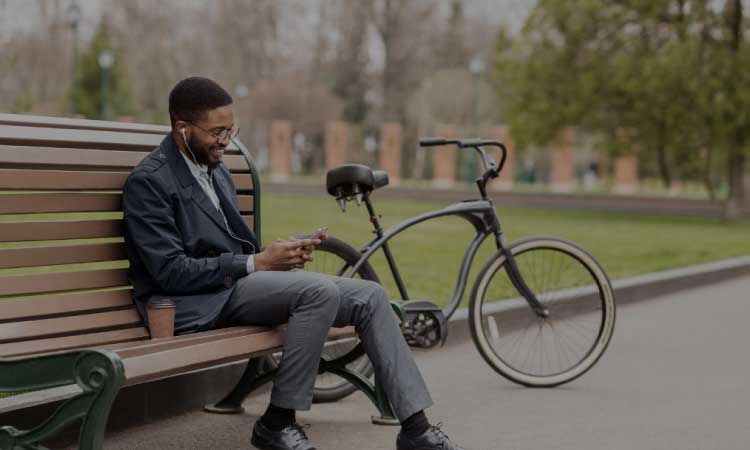How to Impress Your Guest: 5 Key Ways to Use Learning for Hospitality

One industry in which learning can be particularly helpful is the hospitality industry — one that’s seen tremendous change as a result of the convergence of technology and consumer-centric culture. The combination of mobile-first, social media, online reviews, and other developments have pushed this industry forward at an accelerated pace. By having hospitality professionals regularly train and learn about their quickly evolving field, companies can ensure that they offer the best service possible to their guests and customers.
Here are five key ways that learning can be used in hospitality to improve the guest experience.
1. Mobile Learning via Quizzes
There’s no question that today is the era of mobile. Your learners in the hospitality industry will undoubtedly be spending time on their mobile device. For that reason, you can use mobile quizzes as an effective training and learning tool. Mobile quizzes are a more powerful way to teach hospitality staff information like menu items, new service offerings, important company information, and more. An LMS that easily supports mobile makes learning that much more accessible and convenient for learners who tend to be on their feet, not at a desk.
2. On-the-Job Training with Digital Feedback
On-the-job training (or experiential learning) is key in the hospitality industry. It is important for staff members to watch other staff work and actually encounter the scenarios that may need to be handled. On-the-job training can be bolstered by a digital platform where the learner can give and receive feedback. An online platform for communication between employees and employers or managers allows learners to ask questions to which they need immediate answers. Plus, it’s a convenient place to offer learners helpful critiques.
3. Video Learning for Customer Service
In the hospitality industry, so much of what is important is interaction with other people — and less about particular knowledge of information. For that reason, using videos to teach customer service skills can be extremely beneficial. Create a video learning course that demonstrates how to interact with customers or clients in a variety of situations, and you can more clearly show them what you expect than you could via written words in the company handbook.
4. Social Learning
Social learning is a type of learning where the members of an organization learn on their own — then discuss information with one another. A great way to do this is to start a discussion forum that your employees can join and contribute to on a regular basis. Employees can post questions that other employees can respond to, or they can share interesting insights that they’ve discovered. Social learning works because it’s driven by the learners themselves, who are intrinsically motivated to seek and share information that they actually care about and that makes their jobs easier or more efficient.
5. Supervisory Training
Supervisors in hospitality environments have a lot of people and processes to manage. Training shouldn’t be another added stress. Supervisory training instills better people-handling skills, which facilitate other employees’ success as well as happier customers. Supervisory training can include many components, including lessons on communication skills, conflict resolution, team building exercises, and more. To save serious time on course creation, consider purchasing pre-built Travel and Hospitality content to expand your Litmos course library. By keeping your team members’ skills and knowledge up to snuff, you’ll earn much more loyal guests — and a more thriving business.




